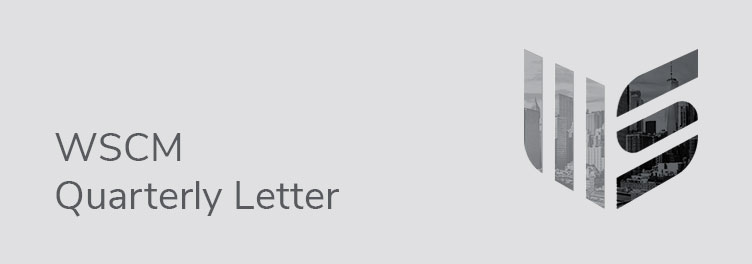
Our July letter noted that it was time for some caution—a recommendation that proved premature until the last week of the quarter. Stocks produced slightly positive returns in the third quarter, primarily driven by upward earnings revisions and easy money. In some respects, money has never been easier. A quick calculation comparing the yield on the U.S. Treasury 10 year inflation-protected security and the expected inflation rate would indicate that money is free. Many corporations are taking advantage of this by raising capital, and it would appear that investors have come to grips with the fact that our Federal Reserve will most likely start slowing its massive securities purchases as soon as year-end.
Most, if not all, of the fears we mentioned in our July letter have not been resolved. A Democratic-controlled Congress has not been able to coalesce around a spending bill designed to support both physical and human infrastructure. The nature of the tax increases necessary to fund this spending remains unknown. Leverage and imbalances in the Chinese property market were laid bare by the Evergrande implosion, which in turn heightened focus on the slowing growth profile of that economy. COVID-induced global labor shortages colliding with increased demand for goods have stressed the global transportation industry, slowing the delivery of goods. Witness the fleets of vessels waiting to unload into west coast ports, and UK gas stations waiting for truck drivers to deliver fuel. Production slowdowns during the COVID pandemic across a variety of material producers from fossil fuels to metals have not reversed quickly enough to meet resurgent demand. Companies across many industries have raised prices to offset increased labor, material, and transportation costs, stoking fears of a persistent inflationary environment. These fears are soon to be inflamed by increases in rent in the U.S. as eviction moratoriums end. The U.S. labor market is in the paradoxical situation of having five million fewer people working than prior to the pandemic despite businesses clamoring for employees. While extraordinary unemployment benefits have largely expired, consumer balance sheets remain unusually strong, and the many reverberations of COVID continue to keep workers on the sidelines.
There is reason to think many of these negatives will recede in the coming year. The surge in the COVID Delta Variant was responsible for transportation and supply disruptions as workers were unable to report to factories and ports. The ebbing of that spike, coupled with positive news on the efficacy of booster shots, suggests that COVID-related disruptions should end sooner rather than later. As history has shown, the cure for high prices in oil and base metals is high prices, which catalyze increased production. The U.S. oil industry has the capacity to ramp up production. While the Federal Reserve may begin tapering its quantitative easing program in November, this monetary support will still be coming into the markets until June of next year. Lastly, with the turnover of the Fed governors there is the potential for a Fed with even more dovish tendencies next year.
In spite of more persistent inflationary data, credit markets are well-behaved, and demand for goods and services remains strong, all suggesting a still growing economy. Though productivity gains many companies have been able to protect margins and maintain a growth outlook into next year. With a yield under 1.7% on the 10-year Treasury, the bond market still does not offer a compelling alternative for capital preservation or accumulation. Instead, select areas of the equity market continue to provide the most viable solution for protecting wealth and purchasing power against inflation.
October 2021
Click to Download
PLEASE NOTE: Unless otherwise stated, the firm and any affiliated person or entity 1) either does not own any, or owns less than 1%, of the outstanding shares of any public company mentioned, 2) does not receive, and has not within the past 12 months received, investment banking compensation or other compensation from any public company mentioned, and 3) does not expect within the next three months to receive investment banking compensation or other compensation from any public company mentioned. The firm does not currently make markets in any public securities.